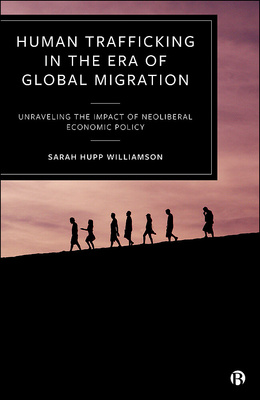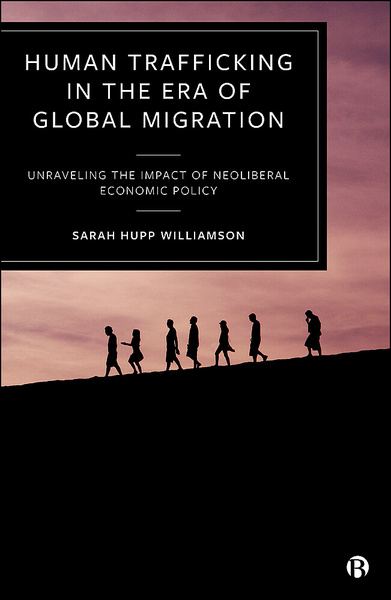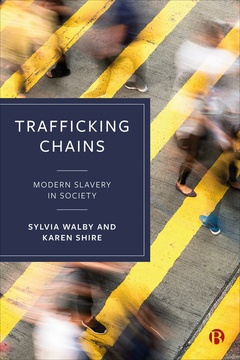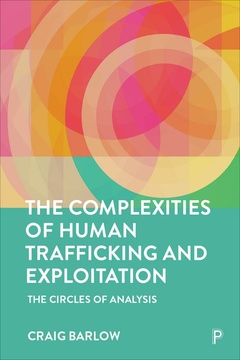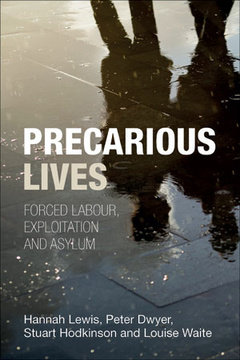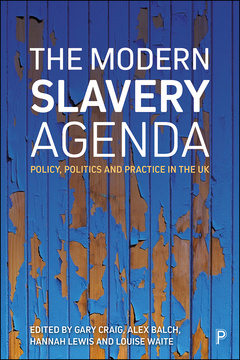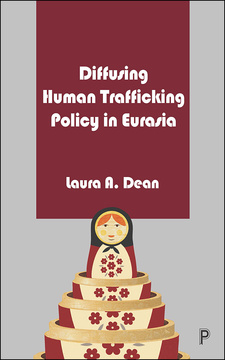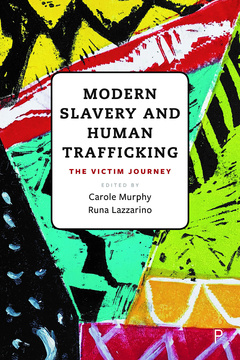Human Trafficking in the Era of Global Migration
Unraveling the Impact of Neoliberal Economic Policy
By Sarah Hupp Williamson
Published
May 31, 2022Page count
166 pagesISBN
978-1529214635Dimensions
234 x 156 mmImprint
Bristol University PressPublished
May 31, 2022Page count
166 pagesISBN
978-1529214642Imprint
Bristol University PressPublished
May 31, 2022Page count
166 pagesISBN
978-1529214642Imprint
Bristol University PressIn the media
On Transforming Society: Global neoliberalism is allowing human trafficking to flourish
Factors such as inequality, gender, globalization, corruption, and instability clearly matter in human trafficking. But does corruption work the same way in Cambodia as it does in Bolivia? Does instability need to be present alongside inequality to lead to human trafficking? How do issues of migration connect?
Using migration, feminist, and criminological theory, this book asks how global economic policies contribute to the conditions which both drive migration and allow human trafficking to flourish, with specific focus on Cambodia, Bolivia, and The Gambia.
Challenging existing thinking, the book concludes with an anti-trafficking framework which addresses the root causes of human trafficking.
“This book is a valuable addition to human trafficking research, demonstrating the common pathways to migration and trafficking through a cross-disciplinary theoretical framework and integrated methodology.” Erin C. Heil, Southern Illinois University Edwardsville
"This book examines the intersection between globalization, inequality, and human trafficking. Through the lens of neoliberalism, the author explores trafficking patterns in countries in three regions across the globe." Alexis Aronowitz, University College Utrecht
Sarah Hupp Williamson is Assistant Professor at the University of West Georgia.
1. Introduction
2. Linking the Local and the Global: Understanding Human Trafficking Flows
3. The Pathways of Human Trafficking Flows
4. Neoliberal Colonialism and the Case of Cambodia
5. Neoliberal Accommodation and the Case of Bolivia
6. Neoliberal (In)stability and the Case of The Gambia
7. Conclusion







